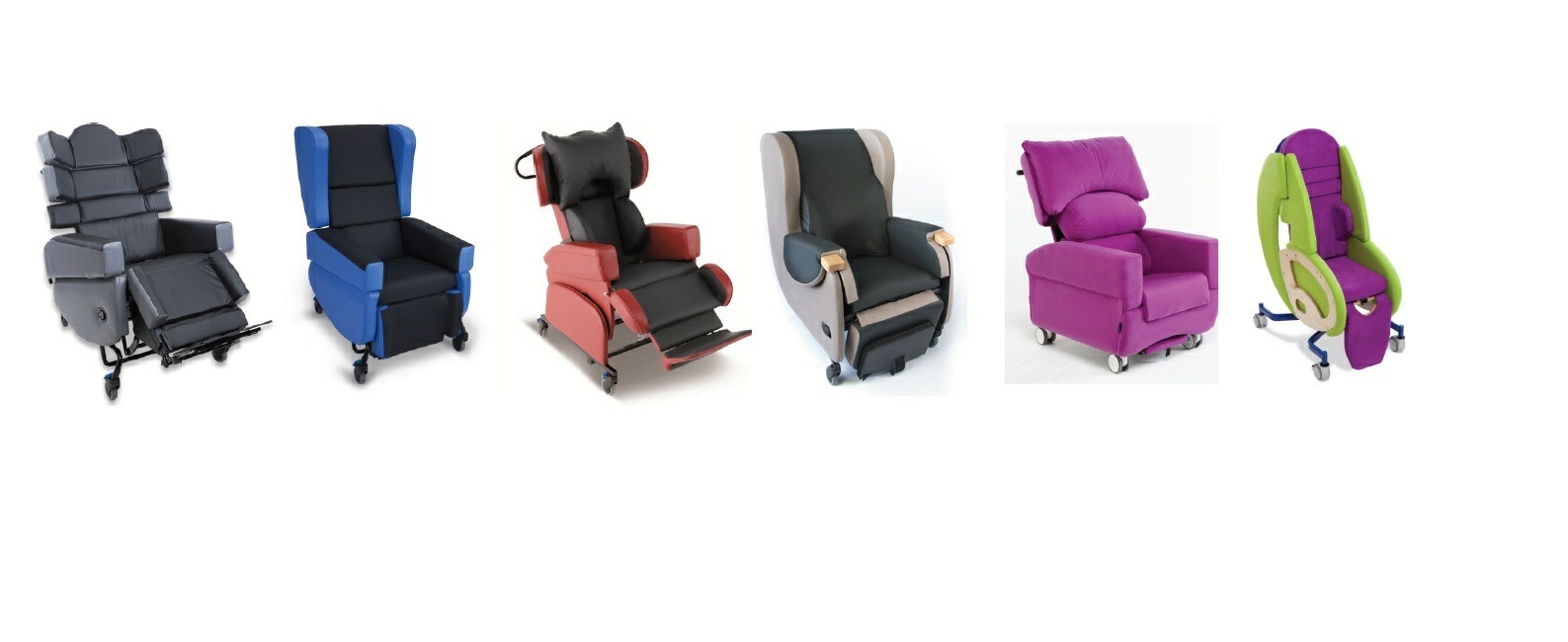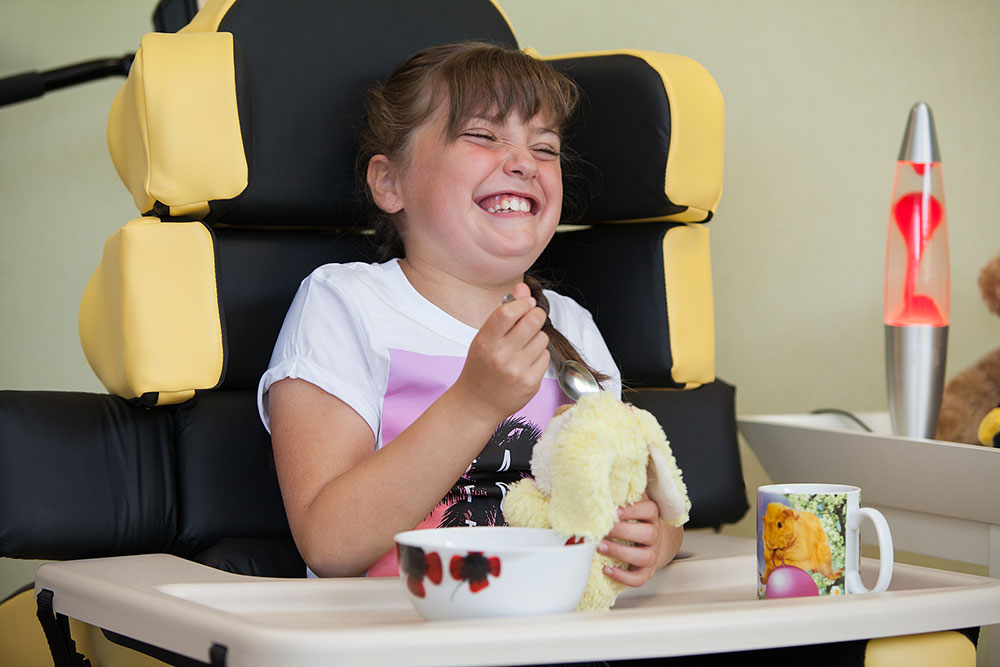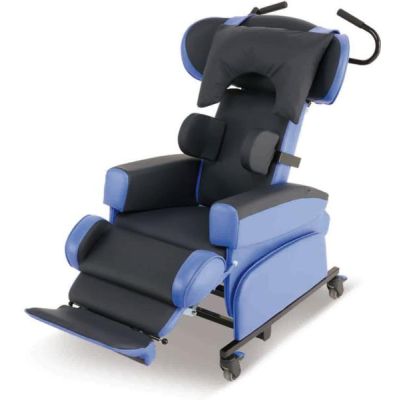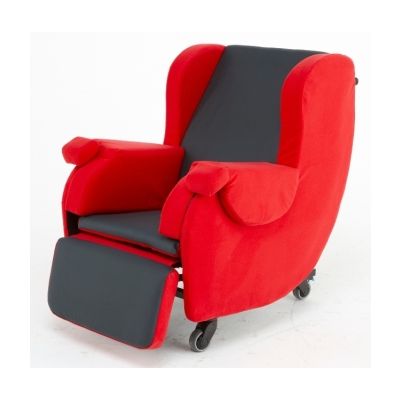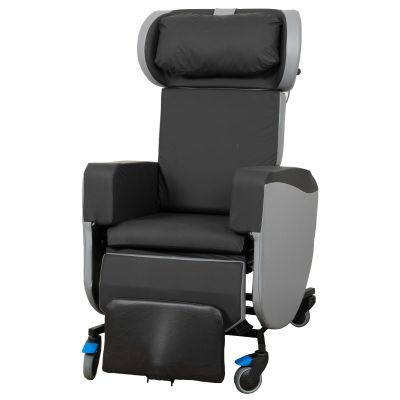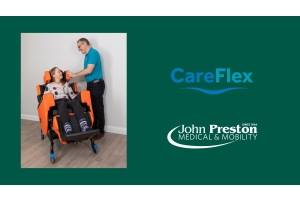Specialist Seating for those with PMLD - Profound and multiple learning disabilities - Best practice for identifying seating needs
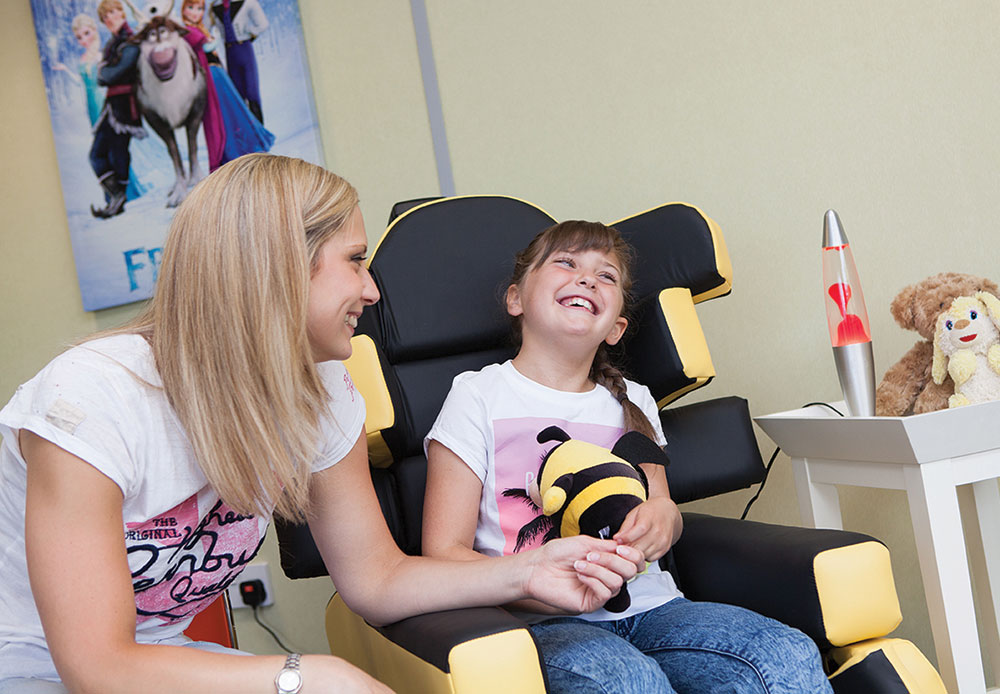
We are the leading supplier of Specialist Seating including the terrific range from industry leaders CareFlex.
Rebecca Dunstall, Physiotherapist is the CareFlex Clinical Specialist and shares with us best practice on identifying the best process of identifying suitable seating for users with PMLD.
PMLD - Working Together to Achieve Positive Outcomes
Rebecca Dunstall, Physiotherapist, CareFlex Clinical Specialist
A diagnosis of profound and multiple learning disabilities (PMLD) is used when a person has more than one disability, the most significant of which is a profound learning disability. Many diagnosed with PMLD will also have sensory challenges, communication difficulties, physical disabilities, complex health needs, and/or mental health problems.
People with learning disabilities, especially PMLD, have greater health needs than the general population. They are more likely to have cardiorespiratory concerns, gastrointestinal reflux, diabetes, or osteoporosis; therefore, postural support that enhances physiological functions, encourages normal movement and reduces the risk of secondary complications is a vital part of their case management.
Every person with a learning disability is an individual with their own needs, but with the right support from the right services they can lead fulfilling lives.
This is where the Health and Care Professional (HCP) plays a vital role in working together with the person and their family, friends and carers, to achieve positive outcomes.
Communication
It is always essential to know the best way to communicate with a person with PMLD.
Key Information about their communication needs should be sought by the HCP. This information should also be found in their communication passport, traffic light assessment or health action plan. Consider signs, objects of reference, photographs or communication aids as a method of communication.
It is important to recognise when someone with PMLD is in pain, which is especially important during a physical assessment to avoid unnecessary aggravation of their pain.
Listen to those who know the person well and ask about any changes in their behaviour or interactions. Consider their facial expressions, gestures, body language and/or reduced appetite.
24 hour approach to postural care
It is essential to support the posture of those with PMLD consistently throughout the day and night in order to reduce the risk of secondary complications, such as pain, pressure injuries, spinal deformities, joint contractures and respiratory infections.
A good posture must be achieved during mealtimes to reduce the risk of aspiration or choking. Specialist seating is a fundamental part of this approach; ultimately it should improve the person’s quality of life.
Assessment and prescription
A comprehensive assessment by the relevant HCP is imperative in the provision of specialist seating, which includes the person’s diagnosis, past medical history, social history and goals.
Clients and their family, friends and carers should be involved throughout the assessment process, the selection and issue of equipment, and the review to ensure management plans are acceptable and appropriate for everyday life.
Specialist seating
CareFlex specialist seating aims to address the postural and pressure care needs of those with PMLD through their innovative WaterCell Technology and versatile seating components and functions.
Tilt in space can be utilised as part of a pressure care programme to redistribute pressure on a regular basis with the aim of reducing the risk of pressure injury.
Back angle recline and adjustable angle leg rests can be effective in managing physical concerns such as hip dislocations or reduced hamstrings muscle length.
Adjustable seat dimensions can maintain optimum pelvic position and weight distribution.
Lateral support can accommodate or even correct abnormal spinal postures.
With appropriate assessment and set-up, CareFlex specialist seating can encourage function through stabilising the pelvis and allowing upper limb freedom of movement, improve head and trunk position for safe eating and drinking, manage energy levels, and ultimately improve quality of life.
Capacity and best interest
It is essential that the HCP knows and follows the principles of the Mental Capacity Act 2005.
The law states that people must be supported as much as possible to make their own decision before it is concluded that they lack capacity to make that decision.
When it is decided that a person lacks capacity to make a specific decision then best interest procedures should be followed with all those involved in the person’s care.
This is especially important if considering belts or harnesses with specialist seating, which can be deemed a form of restraint, together with thorough risk assessments.
References:
Mencap (2008) Advice for hospitals and health professionals Available from: https://www.mencap.org.uk/sites/default/files/2016-06/Mencap_tips_for_healthcare_professionals.pdf
Mencap (2016) What is a learning disability? Available from: https://www.mencap.org.uk/learning-disability-explained/what-learning-disability
NHS Choices (2015) What is a learning disability? Available from: http://www.nhs.uk/Livewell/Childrenwithalearningdisability/Pages/Whatislearningdisability.aspx
NHS Midlands and East (2012) Top Tips for supporting and meeting the needs of people with Profound and Multiple Learning Disabilities (PMLD) Available from: https://www.mencap.org.uk/sites/default/files/2016-06/NHS%20EM%20-%20PMLD.pdf
PMLD Network (2016) Who are we campaigning for? Available from: http://www.pmldnetwork.org/
Paediatric Specialist Seating from CareFlex
CareFlex SmartSeat Pro Small

SmartSeatPro is our flagship specialist seating system suitable for children and adults of all ages, with a variety of needs in all care environments.
The unique, multi-adjustable back has three upper back-rest components which can be altered in height, depth, angle, offset and rotation, to suit a user's needs.
Each of these upper elements include built-in adjustable wings which can be individually positioned to contour the seat back to the user's shape.
CareFlex HydroFlex Small
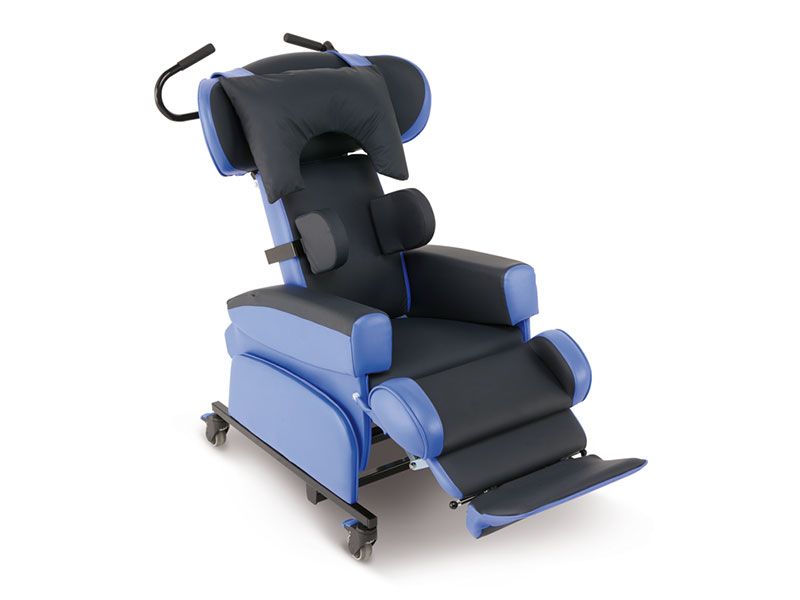
The Careflex HydroFlex is one of our most flexible chairs combining an articulating back, back angle recline, Tilt-in-Space and integral pressure management.
The wide variety of positions that can be achieved, together with the comprehensive range of options and accessories that are available, mean the chair can accommodate specific postural adjustments or form part of a rehabilitation programme.
CareFlex SmartSeat Small
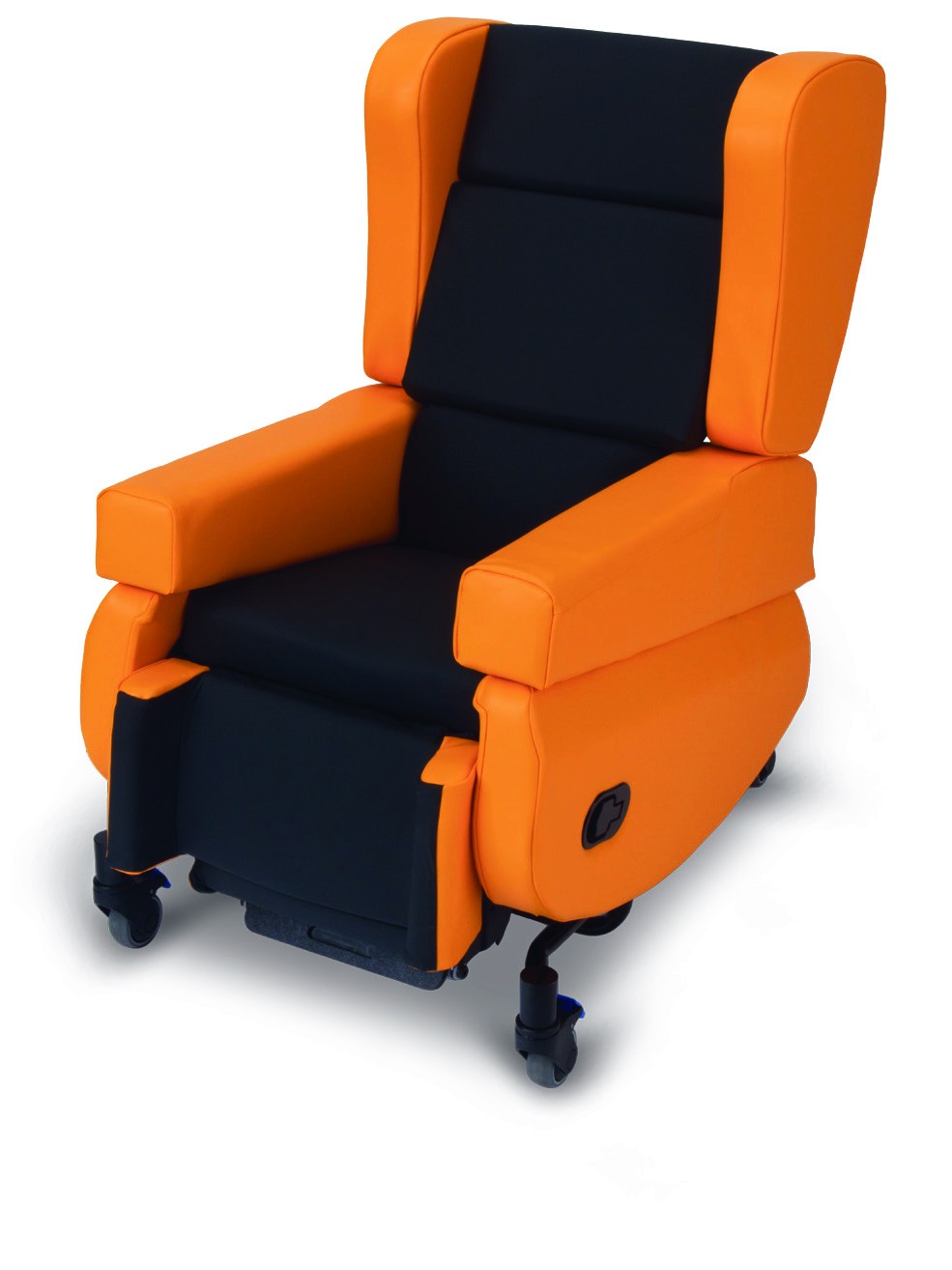
CareFlex HydroTilt Small
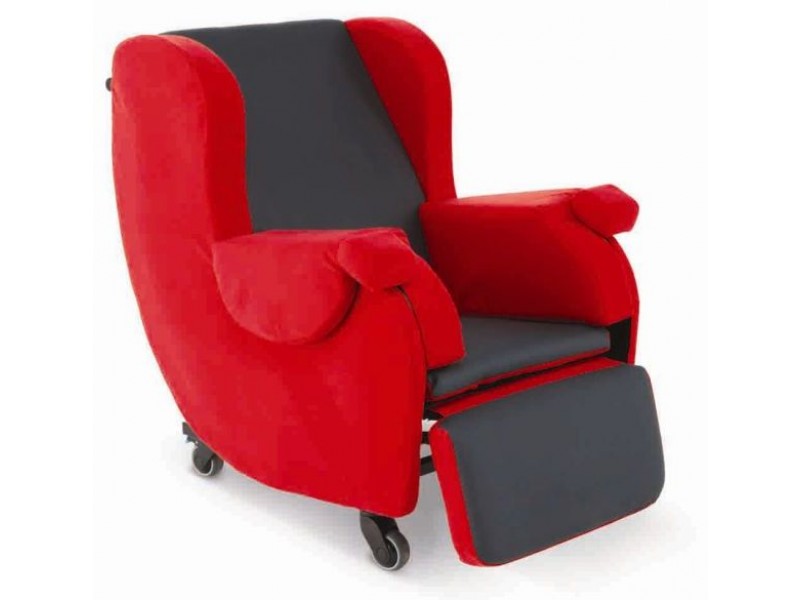
Adult Specialist Seating from Careflex
See the full range of Careflex Adult Specialist Seating
